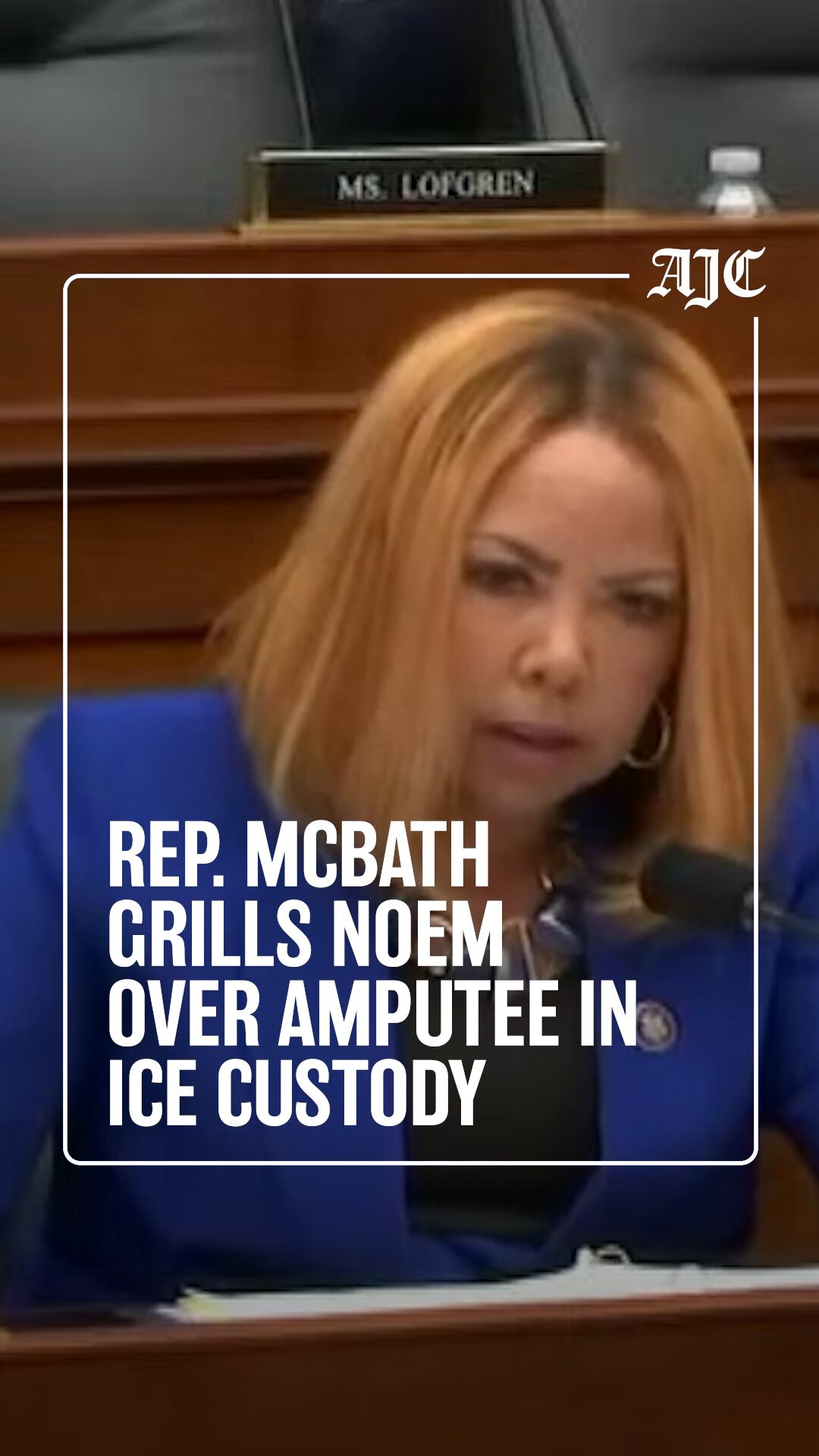Vendors, city fight for street control
Atlanta vendors should soon get an answer on whether a city contract putting them under control of a property management company violates the Georgia constitution.
Two street vendors have been battling in court for more than a year to overturn a city contract with General Growth Properties, which they fear will put them out of business — or at least make their business a lot less profitable.
On Wednesday, their lawyers argued in Fulton County Superior Court that the city had given the company an unconstitutional monopoly.
The ruling could have strong implications for downtown Atlanta, where city officials have worked for a decade to bring order to the peddling environment to make it more appealing to tourists, businesses and conventioneers. Officials worried that some hawkers peddled their wares too aggressively and that their stalls were too often eyesores.
Atlanta officials want General Growth Properties, which also operates shopping malls, to oversee all street vending, even deciding what goods a peddler can sell, to ensure certain standards so the vending is safe, organized and attractive, Assistant City Attorney Laura Burton told the court.
“We have the authority to control the streets,” she told Judge Shawn LaGrua. “The city has the ability to regulate businesses in the City of Atlanta.”
The company installed booths in some downtown areas, notably on Marietta Street and in Woodruff Park. But Larry Miller and Stanley Hambrick, who sell Braves souvenirs, filed a lawsuit to prevent the company from evicting them from their spots around Turner Field.
The Institute for Justice, a libertarian public-policy law group in Washington, D.C., is representing the vendors.
LaGrua expressed concern that the language of the contract seemed to give General Growth Properties a monopoly over all public property vending sites, which would violate the constitution.
Burton contended the contract was clearly to use General Growth Properties as a manager of the the city’s 85 vending locations, which it would lease to various vendors.
But LaGrua said the actual language could give General Growth Properties the power to monopolize the vending as opposed to managing it. Robert Frommer, a lawyer representing the two vendors, said the contract didn’t allow vendors any way to seek a vending permit if General Growth denied them a lease.
“The problem is the power that is conferred to General Growth Properties,” he said.
LaGrua did not announce a ruling Wednesday.

